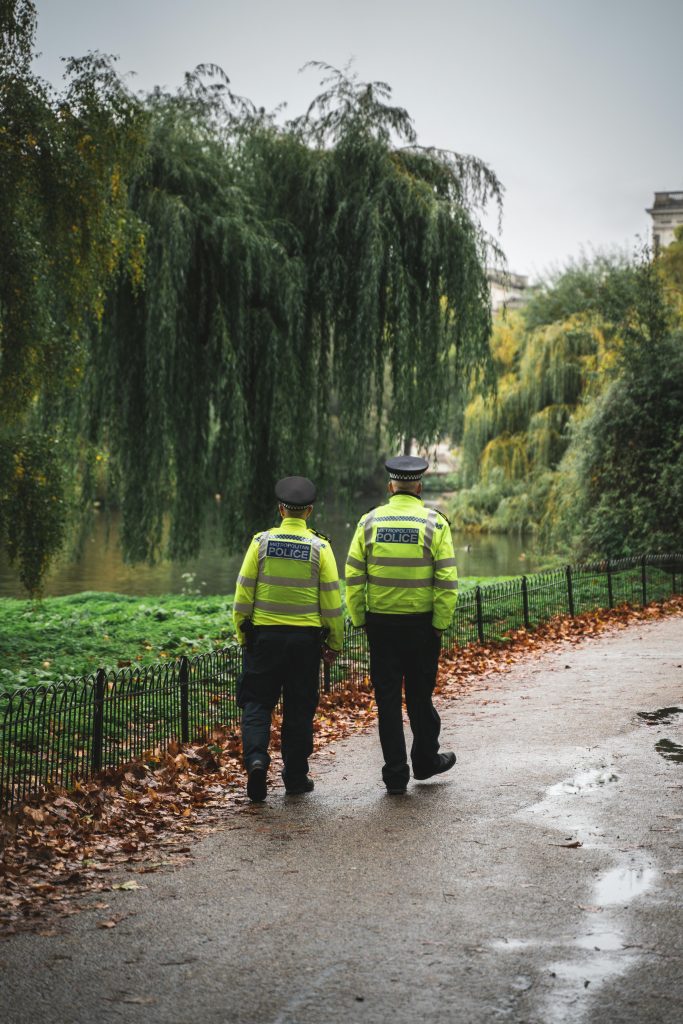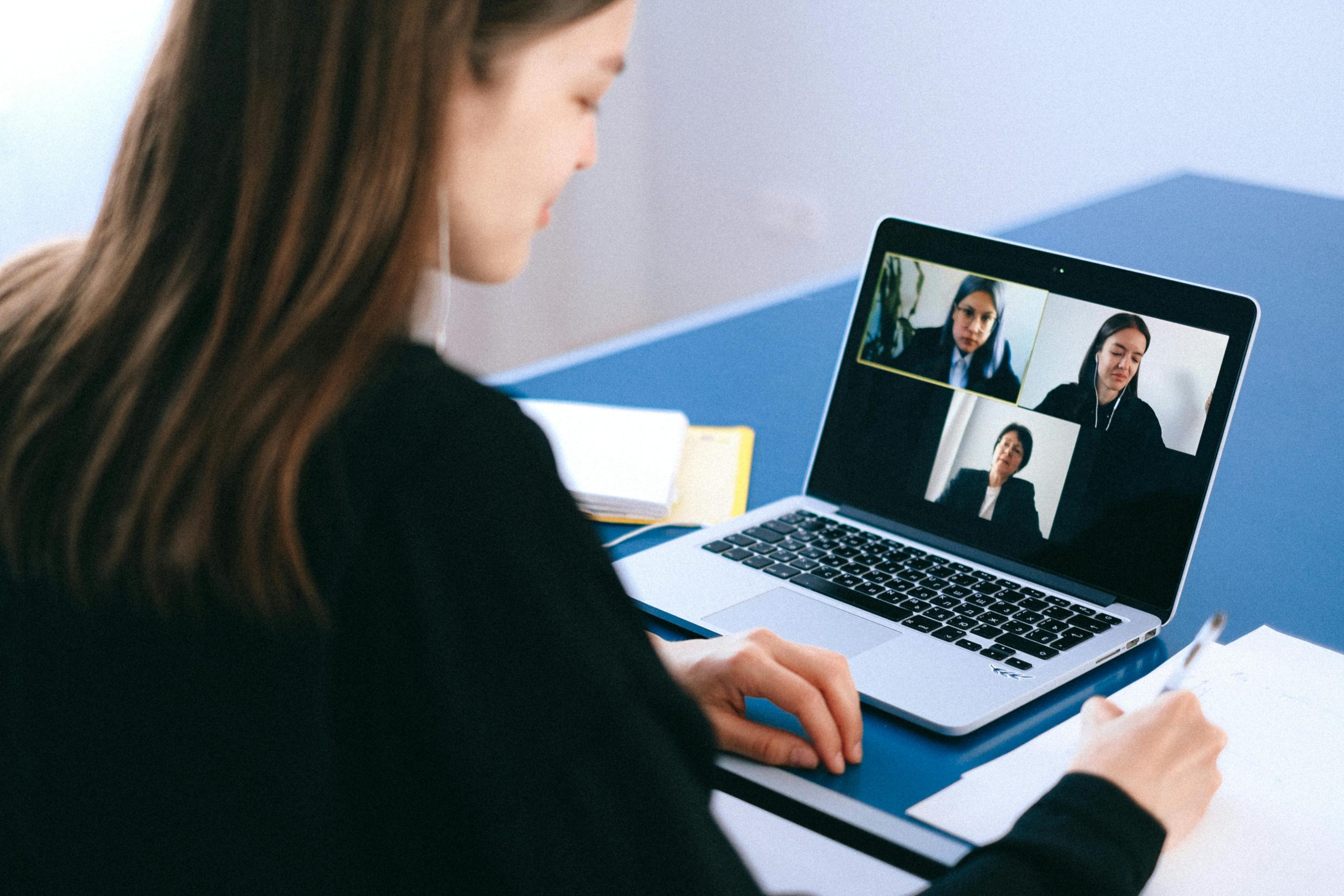Interviews are all in the preparation. Get that right and you’ll do well on the day. If you’ve been invited for interview, you’ve already impressed them on paper, all you need to do now is impress them in person. Easy.
Do your homework
You want to show you’ve gone the extra mile. So, take the time to research the following ahead of your interview:
- The company’s past, future plans, products and competitors.
- Their website.
- News articles and information on company performance – online search engines are great at this.
- If you can, try to find out about a bit about key members of staff (or even your interviewer if you know who they are). A bit of ‘digging’ online and you might be able to find out about their working background and interests.
- Prepare answers to some of the most commonly asked interview questions.
- Find out where the location for the interview is. If you can, do a practice run to see how long it takes, where you can park etc.
Interview questions
Being able to prepare for some of the standard interview questions will not only impress your interviewer, but will also make it a less stressful experience for you on the day. We’ve provided some of the more common questions below and given you some tips on how to put together your response. And don’t forget – practice makes perfect.
The day of the interview
The day’s finally arrived. Don’t worry if you’re a bag of nerves, it only shows how much this job matters to you. Now’s your opportunity to put all that preparation into action and show them what makes you the best person for this job.
- Dress smart – even if the company has a casual dress policy.
- Bring along any supporting information.
- Arrive early. Aim to get there an hour before. Scope out where you need to be and then take yourself off for a coffee somewhere – it’ll give you chance to freshen up after your journey, have one last read through your notes and means you won’t arrive flustered because of an unexpected delay.
- Be waiting for your interviewer in reception about 15 minutes before your interview time.
- Be positive, friendly, polite and confident at all times.
- Use positive body language and lots of eye contact.
- Show you have done your research and don’t be afraid to refer to your notes.
- Listen carefully to the questions and if you’re unsure of how to respond, ask for clarification.
- Don’t forget to match your skills to the company’s needs and sell your achievements.
- Smile.
Good luck
More retirement tips from Police Mutual

Are you On The Beat?
Our monthly newsletter is packed full of topical news stories, handy hints and tips for managing your money, information about our products and services and exclusive prize draws!
Make sure you stay ‘On the Beat’ and sign up now.

